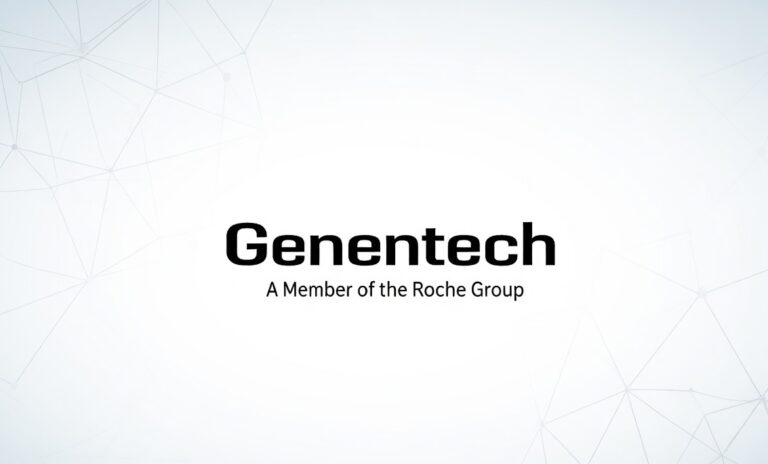
Roche (SIX: RO, ROG; OTCQX: RHHBY) has revealed the findings from Stage 1 of the National Institutes of Health (NIH)-sponsored pivotal Phase III OUtMATCH study, assessing the effectiveness and safety of Xolair® (omalizumab) in patients with peanut allergies and allergies to at least two other common foods. The results, published in the New England Journal of Medicine (NEJM) and highlighted in a late-breaking symposium at the 2024 American Academy of Allergy, Asthma & Immunology (AAAAI) Annual Meeting, demonstrate that Xolair treatment increased the threshold for moderate to severe allergic reactions to peanuts, milk, egg, wheat, and tree nuts (cashew, hazelnut, and walnut) in multi-food allergic individuals as young as 1 year old. Safety outcomes were consistent with Xolair’s established safety profile across its approved uses and previous clinical trials. The U.S. Food and Drug Administration (FDA) recently expanded Xolair’s use to include children and adults with IgE-mediated food allergies based on the OUtMATCH data.
Robert Wood, M.D., director of the Eudowood Division of Allergy, Immunology, and Rheumatology at Johns Hopkins Children’s Center, and principal investigator of the OUtMATCH study, emphasized the significant impact of food allergies on patients and their families over the years. He highlighted the limited treatment options available until now and noted that the OUtMATCH study findings suggest anti-IgE therapy could substantially reduce allergic reactions to multiple foods in the event of accidental exposure.
R. Sharon Chinthrajah, M.D., associate professor of medicine at Stanford School of Medicine and co-lead study investigator for OUtMATCH, echoed these sentiments, emphasizing the profound impact of food allergies on patients and their families and the importance of new treatment options. She noted that anti-IgE therapy increased most patients’ threshold for allergic reactions, offering a crucial new avenue for reducing the risk of allergic reactions from accidental exposures in daily life.
Stage 1 of the OUtMATCH study enrolled 180 patients aged 1 to 55 years old who were unable to tolerate up to 100 mg of peanut protein and up to 300 mg of at least two other food proteins among milk, egg, cashew, walnut, hazelnut, and wheat. After 16 to 20 weeks of treatment with Xolair or placebo, each participant underwent four separate blinded food challenges to evaluate their ability to consume a single dose of at least 600 mg of peanut protein (primary endpoint) and a single dose of at least 1,000 mg of milk, egg, wheat, cashew, hazelnut, or walnut protein (secondary endpoints) without experiencing moderate to severe allergic reactions.
The results revealed that compared to placebo, a significantly higher proportion of patients receiving Xolair could consume at least 600 mg of peanut protein and at least 1,000 mg of milk, egg, and cashew protein without experiencing moderate to severe allergic reactions (p<0.001). Moreover, compared to placebo, a higher proportion of patients receiving Xolair were also able to consume at least 1,000 mg of walnut, hazelnut, and wheat protein without experiencing moderate to severe allergic reactions. Detailed results are provided in the accompanying table.





